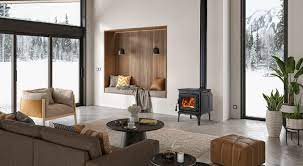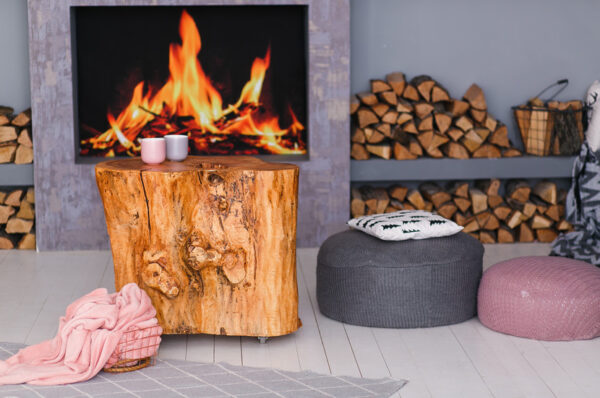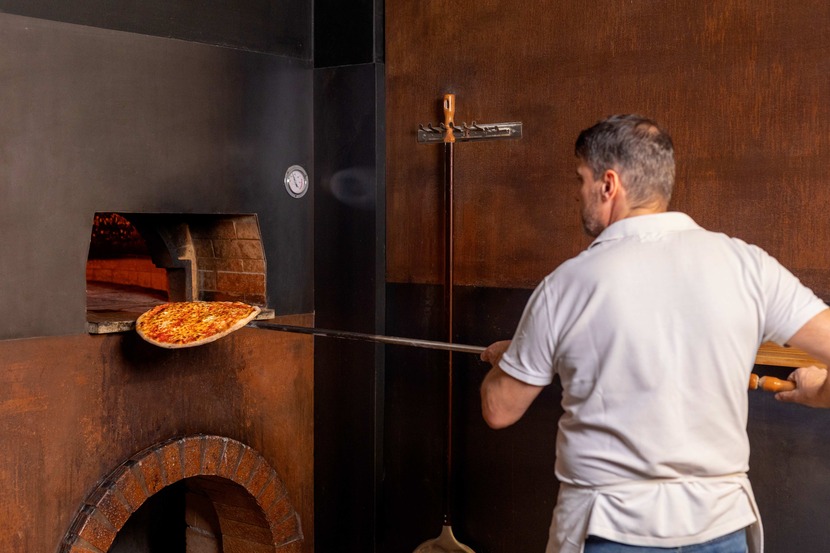If you’re thinking about installing a wood heater in your home, chances are you’ve heard of LOPI. Known for their beautifully crafted, high-performance wood and gas heaters, LOPI products have gained a solid reputation in Australia for both their style and heating efficiency. But no matter how good your heater is, it’s the flue pipe that keeps your installation safe, efficient, and compliant with Australian standards.
So let’s break it down. Whether you’re upgrading an old system or installing a new LOPI wood heater, this guide covers everything you need to know about LOPI flue pipes—from components to installation and maintenance.
What is LOPI?
LOPI is a renowned American brand that’s been producing wood, gas, and pellet heating systems for over 40 years. Their heaters are known for superior design, high thermal efficiency, and long-lasting performance. In Australia, LOPI wood heaters are popular in both residential and rural homes due to their quality and AS/NZS compliance.
Why Choose a LOPI Flue Pipe?
Trusted American Brand with Local Aussie Support
LOPI products are distributed through a strong network of authorised dealers in Australia, making service, support, and replacement parts easily accessible.
Built for Performance and Safety
A LOPI flue pipe isn’t just a metal tube—it’s part of a precisely engineered ventilation system that optimizes draft, prevents backflow, and ensures proper removal of smoke and gases.
LOPI Flue Pipe Materials
Stainless Steel Construction
LOPI flue pipes are crafted from high-grade stainless steel that can withstand extreme temperatures and corrosion, ideal for Australian weather—from the coastal humidity of Queensland to the winter chills of Victoria.
Double and Triple Wall Options
- Double-wall flue pipes provide insulation between layers to maintain high exhaust temps and reduce creosote buildup.
- Triple-wall flue systems offer an extra layer of protection and heat shielding, especially useful in multi-storey homes.
LOPI Flue Kit Components
A standard LOPI flue kit includes:
- Stainless steel inner pipe – Directs combustion gases upward
- Outer flue casing – Provides thermal insulation
- Ceiling ring and fire stop spacer
- Roof flashing – Seals roof penetrations
- Chimney cap / cowl – Prevents rain and downdrafts
- Wall brackets and storm collars
These components are precision-fit to ensure maximum safety, thermal efficiency, and compliance.
Understanding LOPI’s Flue Technology
Air-Cooled Design
LOPI flue systems are designed with air-cooled insulation that allows cool ambient air to circulate between flue walls. This reduces heat transfer and increases safety.
Superior Draft Control
A well-engineered draft system ensures efficient fuel combustion and eliminates smoke backflow. LOPI’s vertical flue systems are excellent for maintaining consistent draft levels.
AS/NZS 2918 Compliant
All LOPI flue kits meet Australian safety standards, especially AS/NZS 2918 for the installation of solid fuel heating appliances.
Compatibility with LOPI Wood Heaters
LOPI flue pipes are specially designed to integrate seamlessly with models such as:
- LOPI Answer 2020
- LOPI Endeavor
- LOPI Liberty
Each flue kit is tailored for optimal compatibility, ensuring easy connection and correct clearances.
Installation of LOPI Flue Pipes
Through-Roof vs Through-Wall Installation
- Through-roof systems are the most efficient and commonly used with LOPI wood heaters.
- Through-wall systems require extra components like wall thimbles and elbows but are great where roof access is limited.
Clearance Requirements in Australia
LOPI flue pipes offer reduced clearance requirements due to their insulated design. For example, double-wall systems may require as little as 25mm–50mm clearance from combustibles.
Installer Tips for First-Timers
- Always use a laser level or plumb bob for vertical alignment.
- Follow LOPI’s flue configuration charts for correct length and offset.
- Seal joints with high-temp silicone or flue cement.
Safety Considerations
Fire Prevention with Insulated Pipes
Insulated flue pipes help prevent overheating of walls or ceilings, a leading cause of house fires in older stove installations.
Maintaining Safe Distances
Always observe the minimum clearance distances as outlined in the installation manual. Use fire-stop spacers and ceiling plates to maintain separation.
Proper Sealing and Bracing
Ensure all roof and ceiling penetrations are weatherproofed. Use roof flashing and storm collars to keep water out and stainless wall brackets to stabilize tall runs.
Maintenance and Cleaning
How to Clean Your LOPI Flue
Use a chimney brush suited to your pipe diameter. Insert from the top or bottom and scrub out soot and creosote.
Identifying Blockages or Creosote Buildup
Watch for:
- Black flaky soot or tar-like deposits
- Slow draw or smoke leakage into room
- Smoky smell near the heater
When to Replace Components
Replace your flue pipe if you notice:
- Rust or corrosion
- Cracked joints or failed seals
- Loose components that compromise safety
Where to Buy LOPI Flue Pipes in Australia
Authorised Dealers & Online Stores
Purchase from official LOPI distributors to ensure you get genuine, warranty-backed components. Many Aussie retailers like:
- StainlessFlue AU
- The Fireplace Centre
- Pivot Stove & Heating
- Barbeques Galore
…stock LOPI flue kits and accessories.
Warranty & Service Support
Most LOPI flue pipes come with 10–15 year warranties, and dealers often provide in-house installation services.
LOPI vs Generic Flue Pipes
Performance Comparison
Generic flue pipes may lack:
- Proper insulation
- AS/NZS certification
- Long-term durability
LOPI flue systems are engineered to work with LOPI heaters, reducing the risks of incompatibility, poor draft, or inefficient performance.
Cost vs Longevity
Yes, LOPI flue kits cost more upfront—but their longer lifespan and performance stability make them a smart investment.
Testimonials and Real-World Use
“Our LOPI Liberty with the factory flue has been running strong for 5 years now. Not a hint of rust or smoke leak.”
– Mark from Tasmania
“We tried a budget flue system before and had downdraft issues. Switched to LOPI’s kit—problem solved instantly.”
– Angela from South Australia
Conclusion
If you’re installing a LOPI wood heater in your Australian home, investing in a LOPI flue pipe system is the best move you can make. Built for safety, designed for performance, and crafted to last, these flue kits ensure your heating system is not only efficient but fully compliant with Australian safety standards.
From coastal cabins to alpine homes, LOPI flue systems handle it all—making them a go-to solution for Aussie homeowners who want reliable, safe, and effective wood heating.
FAQs
1. Can I use a generic flue with a LOPI heater?
It’s not recommended. Generic flues might not provide proper insulation or fitment, potentially voiding your heater’s warranty.
2. Is the LOPI flue pipe compatible with other wood burners?
Not always. LOPI flue kits are custom-designed for LOPI units. Use with other brands only under expert advice.
3. What is the lifespan of a LOPI flue pipe?
With proper maintenance, LOPI flue pipes can last 15–20 years or longer.
4. Do I need a professional to install it?
While DIY is possible, hiring a certified installer ensures compliance and long-term safety.
5. What makes LOPI flue pipes safer?
They use insulated, air-cooled, stainless-steel designs that reduce heat transfer and meet rigorous safety standards.



